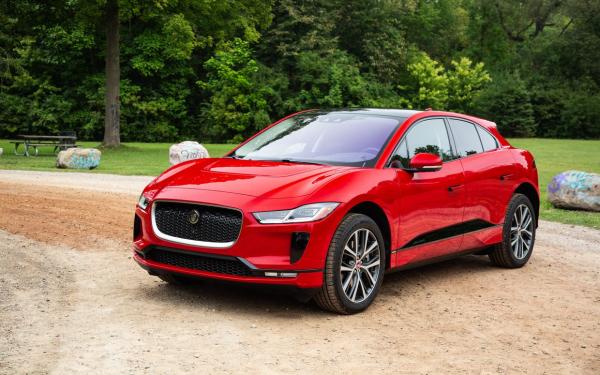A shortage of lithium-ion batteries from LG Chem’s European gigafactory forced luxury vehicle OEM Jaguar to halt production of its I-Pace electric car last week.
Jaguar was unable to secure enough batteries from the Korean firm’s Poland factory to continue production of its £61,000 SUV at a factory in Graz, Austria, for a week from 10 February.
A decision to “adjust production schedules” was made to employees at Graz last month and was not related to the coronavirus.
A company spokesman told BEST the matter involved the battery supplier LG Chem’s facility in Poland.
In a pre-prepared statement, the vehicle OEM said: “Jaguar Land Rover has adjusted production schedules of the Jaguar I-Pace in Graz due to temporary supplier scheduling issues.
“We are working with the supplier to resolve this and minimise impact on customer orders.”
LG Chem had not released a statement by the time BEST went to press.
Last month, Tesla announced that LG Chem would supply batteries for its EV production in China.
But the battery supplier has history of failing to meet demand. Last April, Audi reportedly delayed deliveries of its E-tron vehicle because of issues in securing batteries from the Korean firm.
Last month, Daimler reportedly lowered its sales targets amid concerns of securing a battery supply from LG Chem to meet demand for its Mercedes-Benz EQC models.
Although the vehicle OEM has denied this, German business magazine Manager Magazin reported that Mercedes had halved its production target to 30,000 because of a shortage of battery cells from LG Chem.
In June 2017, the Korean firm was caught short and had to ramp up production to meet demand from Hyundai after an initial order of 7,000 battery packs.












